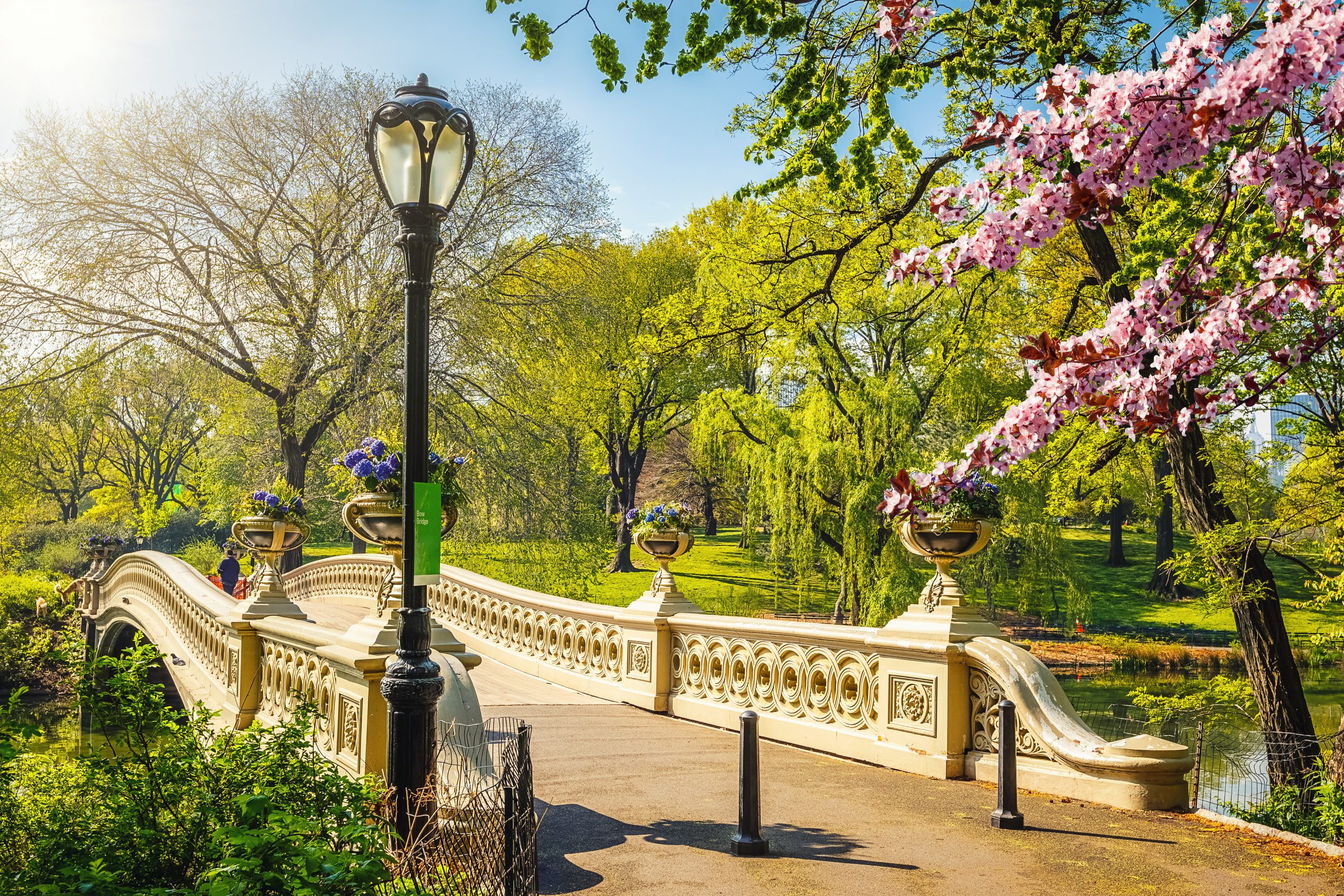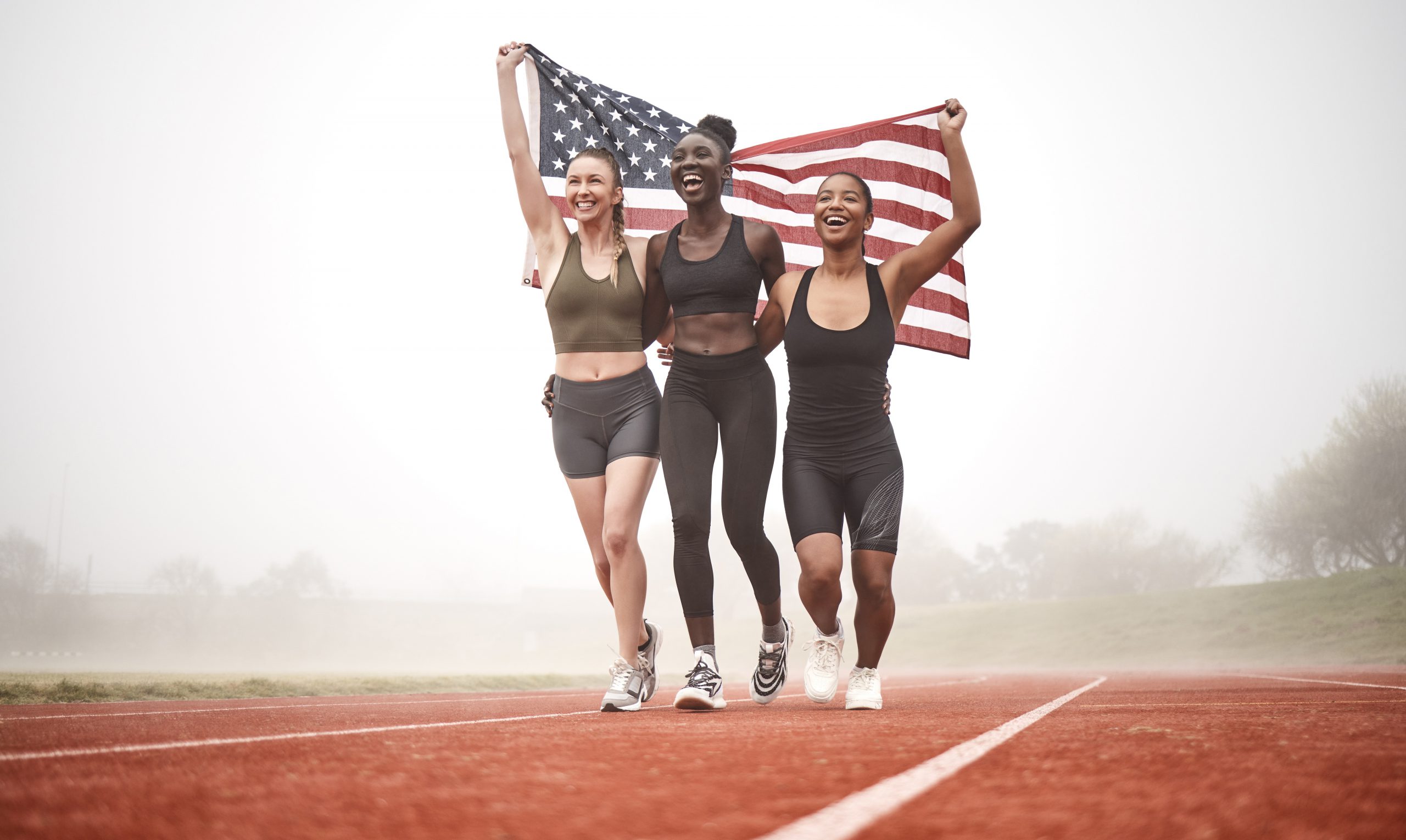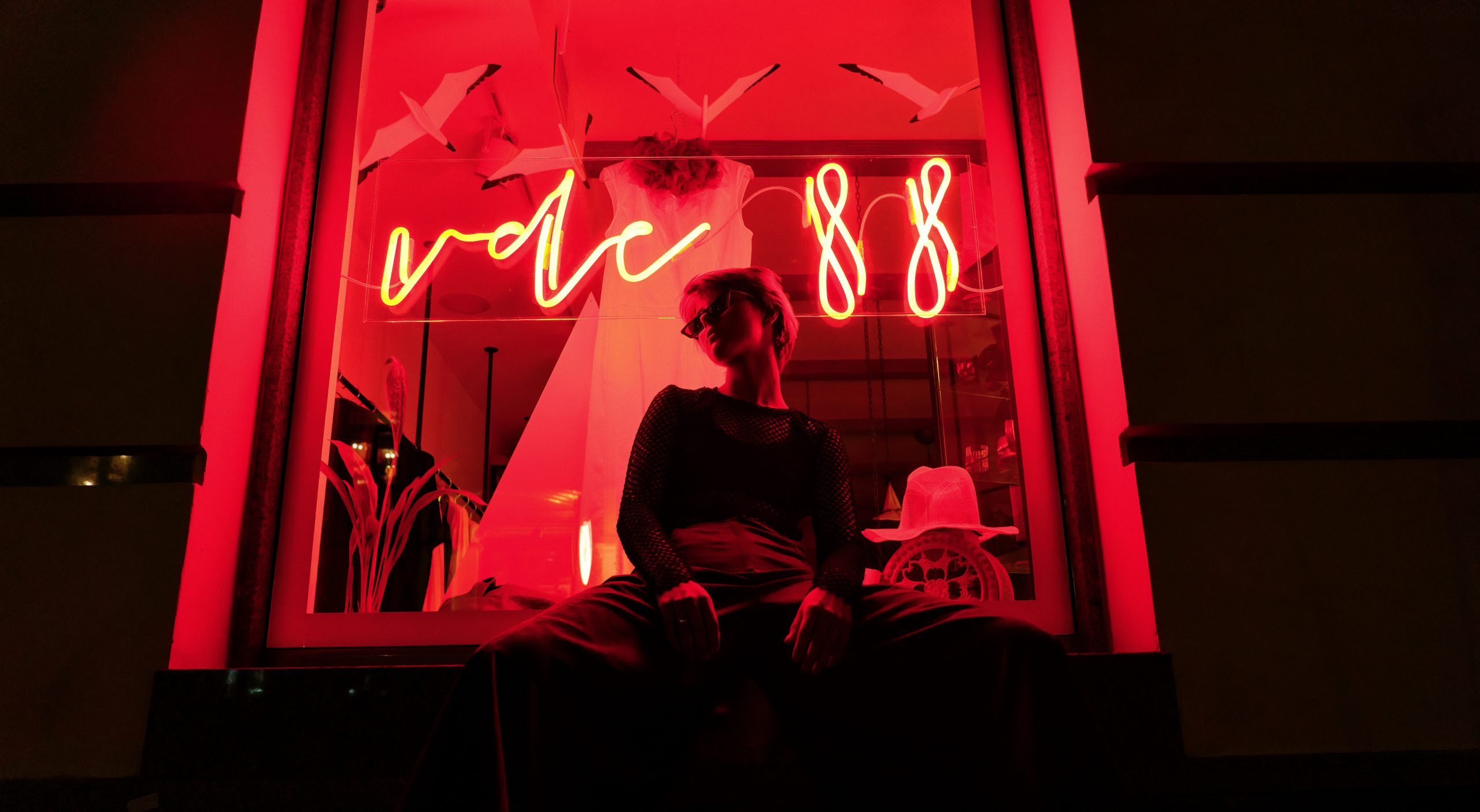Storytelling is as old as humanity itself, woven into the fabric of our existence. Picture this: a group of people huddled around a fire, sharing tales of their day, their struggles, their triumphs. The faces might change, the languages may differ, but this scene has played out countless times across history. Storytelling isn’t just entertainment; it’s a fundamental way we make sense of the world and our place in it.
Think back to your childhood. Remember those bedtime stories that transported you to other worlds? Through those tales, you weren’t just entertained; you were learning about bravery, kindness, and consequences. Stories were your first teachers, shaping your values and understanding of the world long before you could fully grasp the complexities of adult life.
Fast forward to today, and storytelling is still doing the heavy lifting. It’s in the books we read, the movies we watch, and even in the conversations we have over coffee. Whether it’s a novel that makes you see the world through someone else’s eyes or a friend’s anecdote that helps you make sense of your own experiences, storytelling continues to shape our understanding of what it means to be human.
Consider the impact of a powerful memoir or a gripping documentary. These stories can shift perspectives, ignite movements, and bring about change. They allow us to step into the shoes of others, to experience their struggles and triumphs. This empathetic connection is crucial in a world that often feels divided. Through storytelling, we bridge gaps, foster understanding, and cultivate empathy.
Even in the digital age, with its endless stream of information and data, storytelling remains a vital tool for connection. Social media, for all its faults, has given rise to a new form of storytelling. Every post, tweet, or video is a story waiting to be told, and these stories can resonate with millions across the globe. They can highlight injustice, spread joy, or simply remind us of our shared humanity.
But storytelling isn’t just about the grand narratives or viral posts. It’s in the everyday exchanges we often overlook. It’s in the way we recount our day to a loved one, the way we share a laugh with a friend, or the way we pass down family histories to the next generation. These stories, no matter how small, are the threads that weave our lives together.
So, how does storytelling shape our understanding of the human experience? It does so by reminding us that, at our core, we’re all storytellers. We all have stories to tell and lessons to learn from each other. It’s the shared human experience that binds us, reminding us of our commonalities in a world that often highlights our differences.
In the end, storytelling is about connection. It’s about understanding and being understood. And maybe, just maybe, that’s the most human experience of all.




